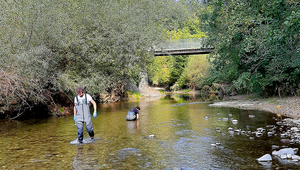News - Current Eawag contributions to the Sustainable Development Goals (SDGs)
October 31, 2024
August 13, 2024
June 13, 2024
September 14, 2023
November 17, 2022
June 9, 2022
June 2, 2022
March 29, 2022
September 30, 2021
September 9, 2021
July 8, 2021

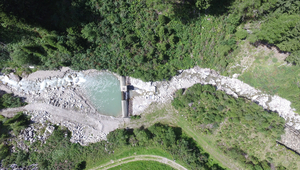
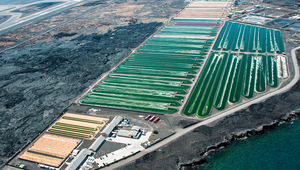
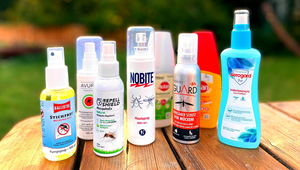
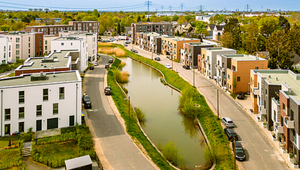
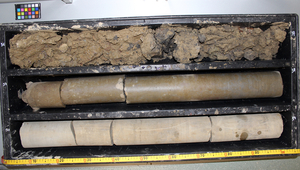

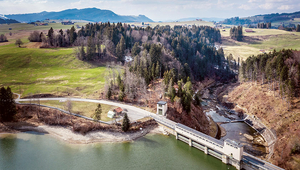
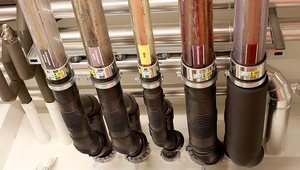
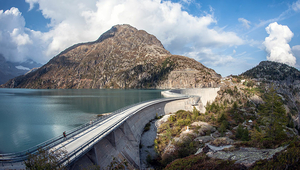
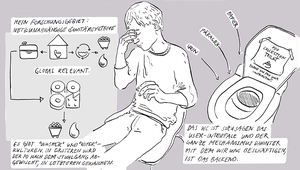
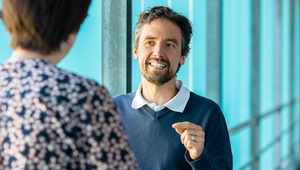
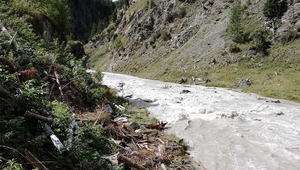
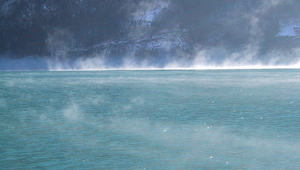
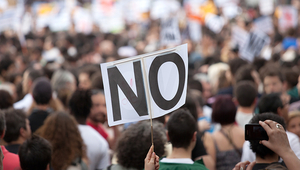
![[Translate to English:] Wärmetauscher, der z.B. im Ablauf einer Dusche dem Abwasser Wärme entzieht. (Foto: Joulia SA) [Translate to English:] Wärmetauscher, der z.B. im Ablauf einer Dusche dem Abwasser Wärme entzieht. (Foto: Joulia SA)](/fileadmin/_processed_/4/6/csm_teaser_5cdfa67386.jpg)
